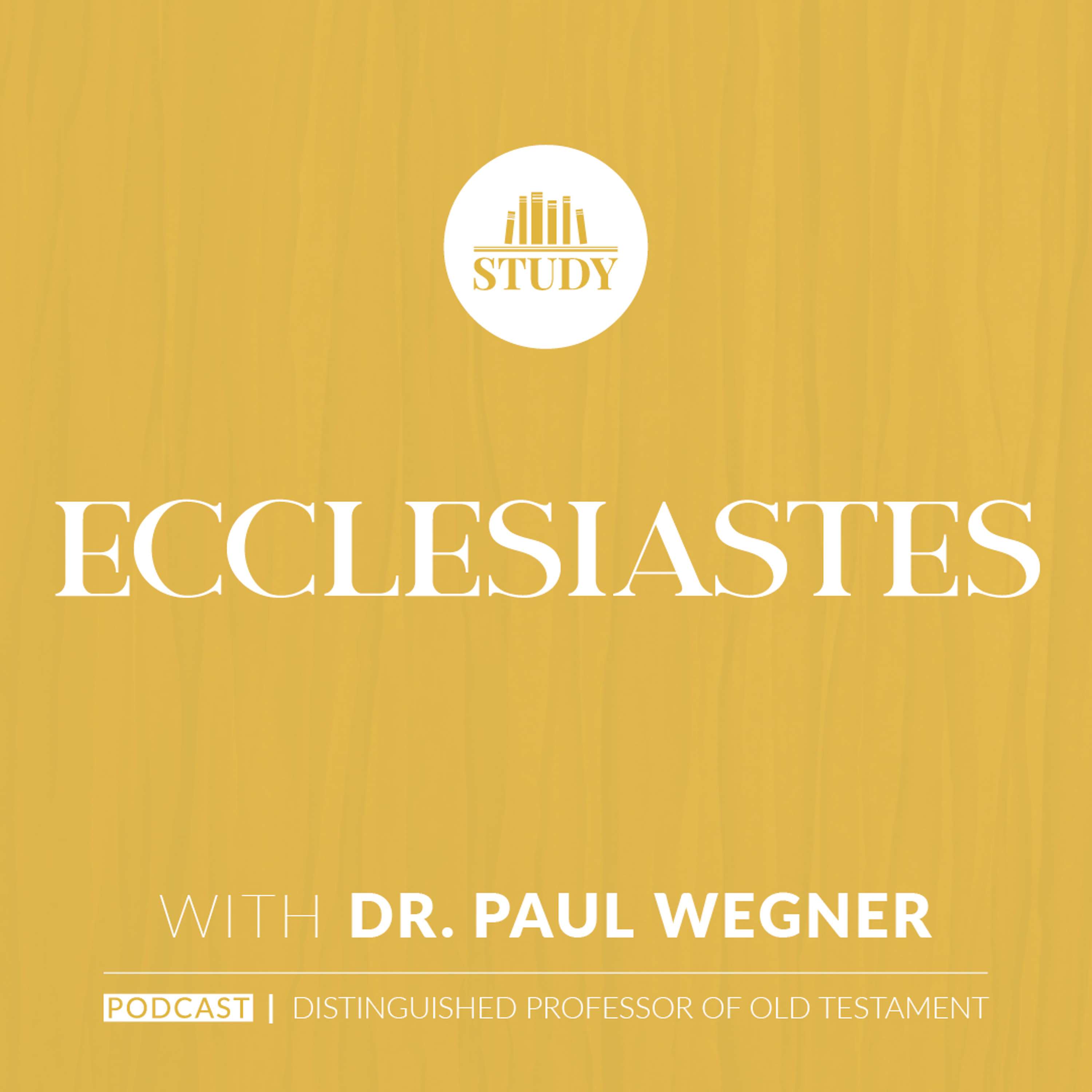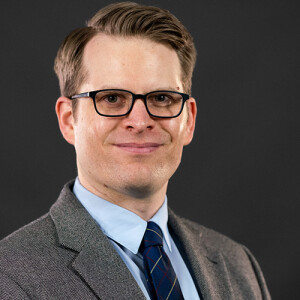Last week, my blog was about the durability of churches and church-related ministry organizations. Being the guest speaker at the 150th anniversary of a Baptist Association spurred my comments on this subject. The focus of my previous blog was a biblical and theological perspective on durability. Essentially, my point was churches (particularly) and church-related ministries (more generally) are sustained by centering on eternal resources and realities—the Bible, Jesus, the Holy Spirit, and the gospel.
One of my readers responded immediately and enthusiastically to the blog. He has a Ph.D. in Quantitative Research and shared with me his perspective on the durability of churches. Since this is a blog, not a term paper, I won’t include all his footnotes and internet links. But his data is a startling confirmation of my observations.
According to my friend’s research, there are about 380,000 churches in the United States. Pre-pandemic, about 750 churches were closing each year—but about 1,000 were being started. During the pandemic, about 4,500 churches are expected to close while only 3,000 new churches will be started. That means, in more normal circumstances, more churches are starting each year than are closing. It is also amazing that 3,000 new churches will be launched during a national pandemic. By this data, the durability of the church is confirmed—even in spite of very adverse circumstances.
Another way to look at the data is this—of all churches in existence today, 99% of them will still be open a year from now. And, even though some will close, they will largely be replaced by new churches started in their place.
My friend then compared churches to other non-profits. There are about 1.5 million non-profit organizations registered in the United States. Recent projections are as many as one-third of them will close during or as a result of the pandemic. This means a non-profit is about 30 times more likely to close than a church—and much less likely to be replaced by any organization founded to do similar work.
My Ph.D. statistician friend ended his note with these encouraging words, “We are in the right business: training people for the church (which will endure)…. It’s what gets me up every morning…to work in Christian higher education.” We are privileged to shape leaders for the church—God’s eternal and ultimate companion.
The numbers support my biblical and theological conclusions from last week—the church will endure. Durability depends on God’s resources, not our ingenuity. That’s good news during shaky times. We know God will sustain us because his resources provide a sure foundation.
Read More

Excerpt — Towards a Clearer Understanding of Jonathan Edwards’s Biblical Typology: A Case Study in the ‘Blank Bible’
Dr. Cameron Schweitzer provides new insights into Jonathan Edwards’s often mischaracterized typology.

Seeing the Unseen
CSBC Women’s Ministry Director Cathie Smith shares how the church can serve the marginalized in its community.
Listen
Wisdom Books | Ecclesiastes
A common misconception about the book of Ecclesiastes is that it is very pessimistic. In actual fact, there is great comfort throughout the book that while life without God is meaningless, there is great satisfaction found when we cling to the Lord, and only to Him.

Ministering in Finland
Mikko Sivonen, Academic Dean of the Agricola Theological Seminary in Finland, joins Dr. Hopkins to discuss working as a missionary in a place where people are predominantly a different denomination than you. You can learn more about Mikko’s work here www.agricolasemin

Watch

Jonathan Edwards and the Asbury Revival
Chris Chun and Chris Woznicki discuss the signs of true revival, signs of the work of the Holy Spirit, and why it is important to critically assess the characteristics of revival in a spirit of charity.

Jonathan Edwards and the Baptists | Douglas Sweeney, Nathan Finn and Chris Chun
Dr. Douglas Sweeney and Dr. Nathan Finn joined Dr. Chris Chun for a panel discussion on Jonathan Edwards, recorded live at the SBC Annual Meeting in Anaheim.




